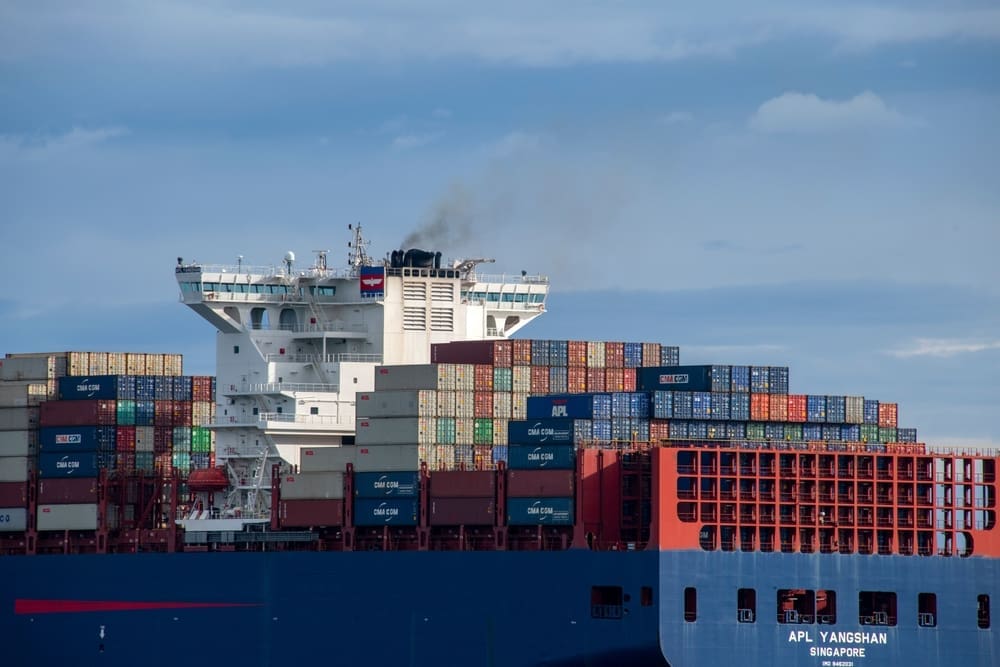Executive Summary
The Story So Far
Why This Matters
Who Thinks What?
The Supreme Court announced Tuesday it would expedite its review of whether President Trump’s administration could lawfully implement sweeping tariffs on global trading partners using emergency powers. Oral arguments are scheduled for the first week of November, addressing the administration’s appeal after lower courts previously rejected its justification for the tariffs.
Case Overview
The central question before the justices is whether the International Emergency Economic Powers Act (IEEPA) authorizes the broad tariffs imposed by the Trump administration. Lower courts have consistently ruled against the administration’s interpretation of this act.
Solicitor General D. John Sauer has underscored the significance of the case, informing the justices that President Trump’s tariffs represent his “most significant economic and foreign-policy initiative.” This highlights the administration’s view of the high stakes involved in the legal challenge.
Potential Impact
Despite setbacks in lower courts, the administration has expressed hope that the conservative-majority Supreme Court will rule in its favor, thereby upholding the tariffs. The expedited schedule indicates the court’s recognition of the urgency surrounding the matter.
The Supreme Court’s decision to hear this case on an accelerated timeline sets the stage for a pivotal ruling on presidential authority in economic policy. The outcome will clarify the scope of emergency powers under IEEPA and could have lasting implications for U.S. trade relations and the global economy.








